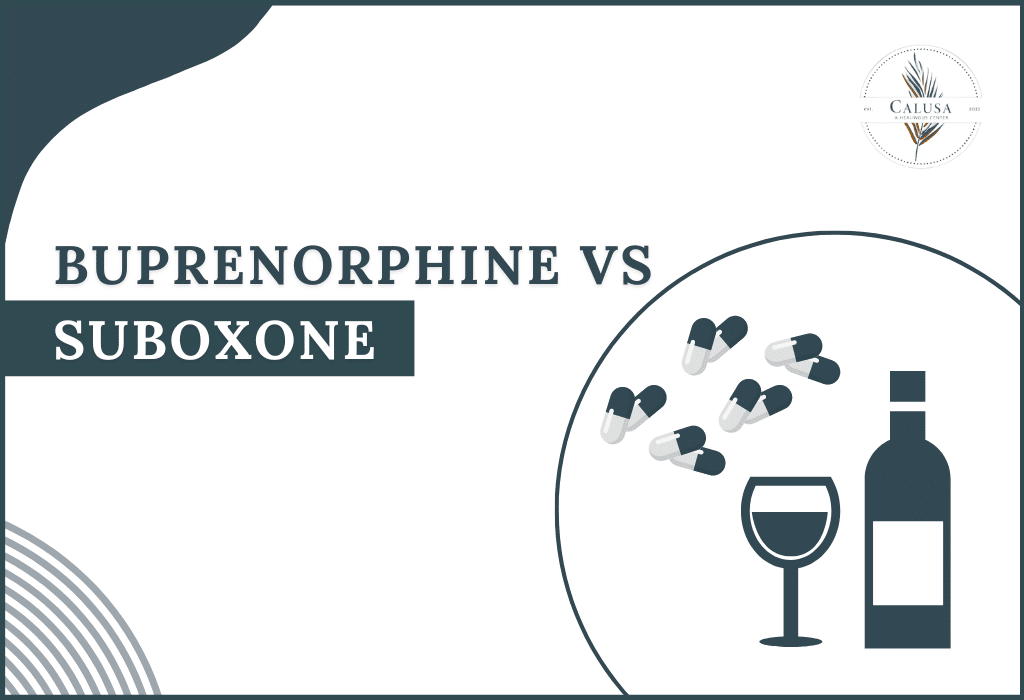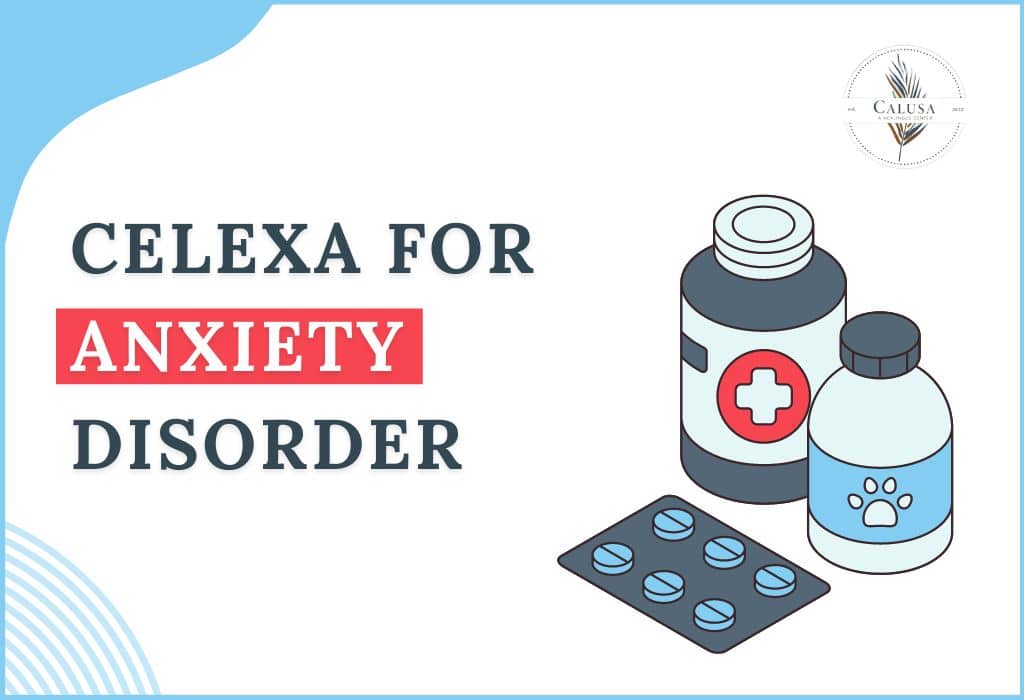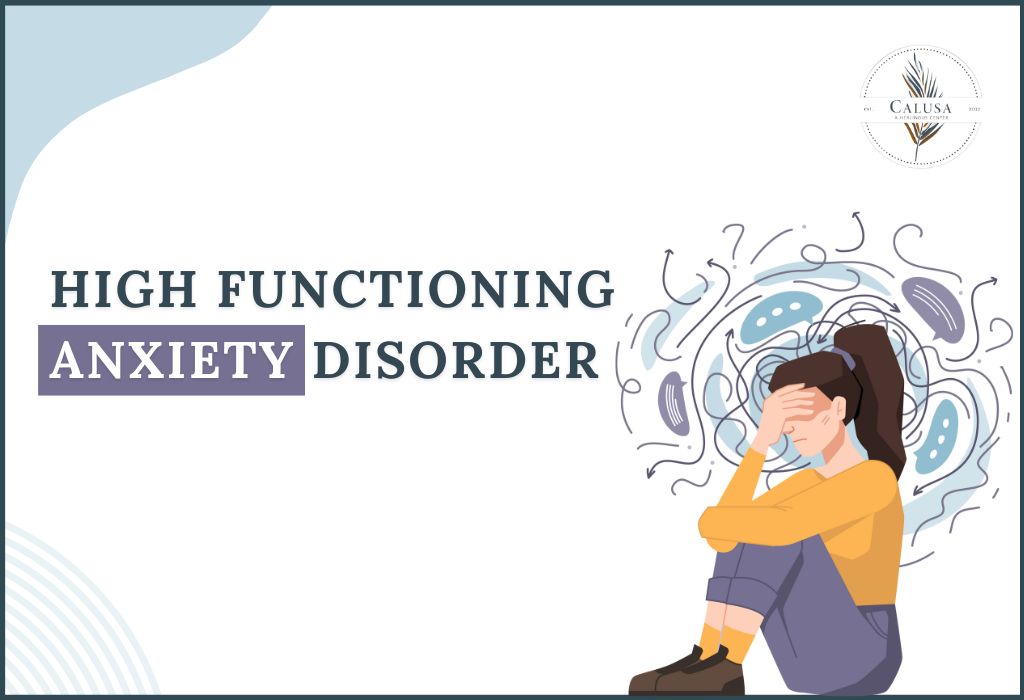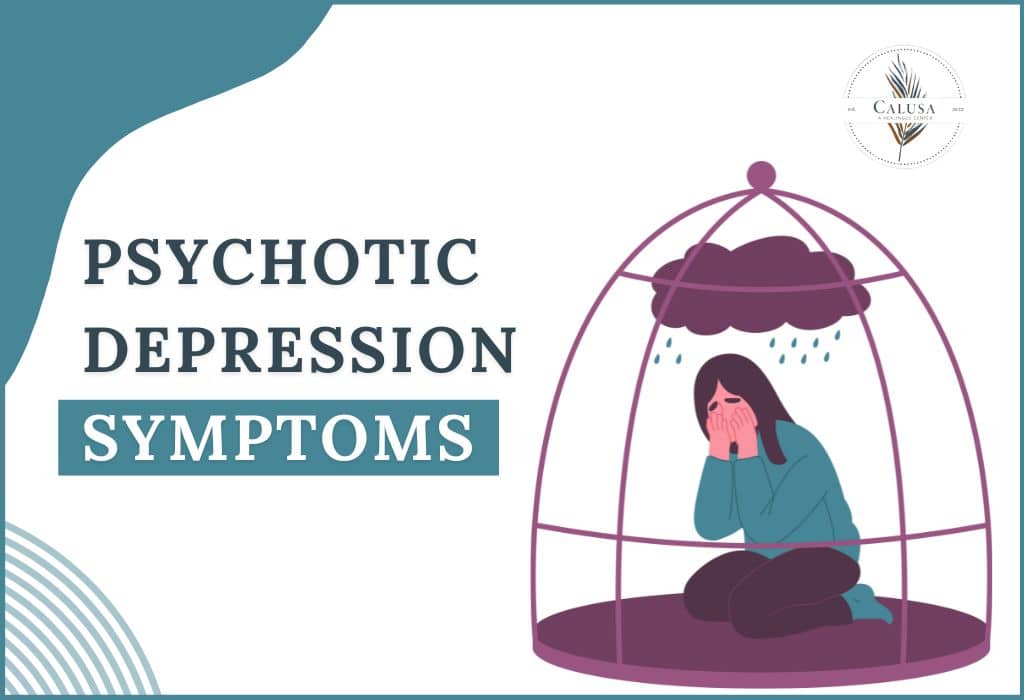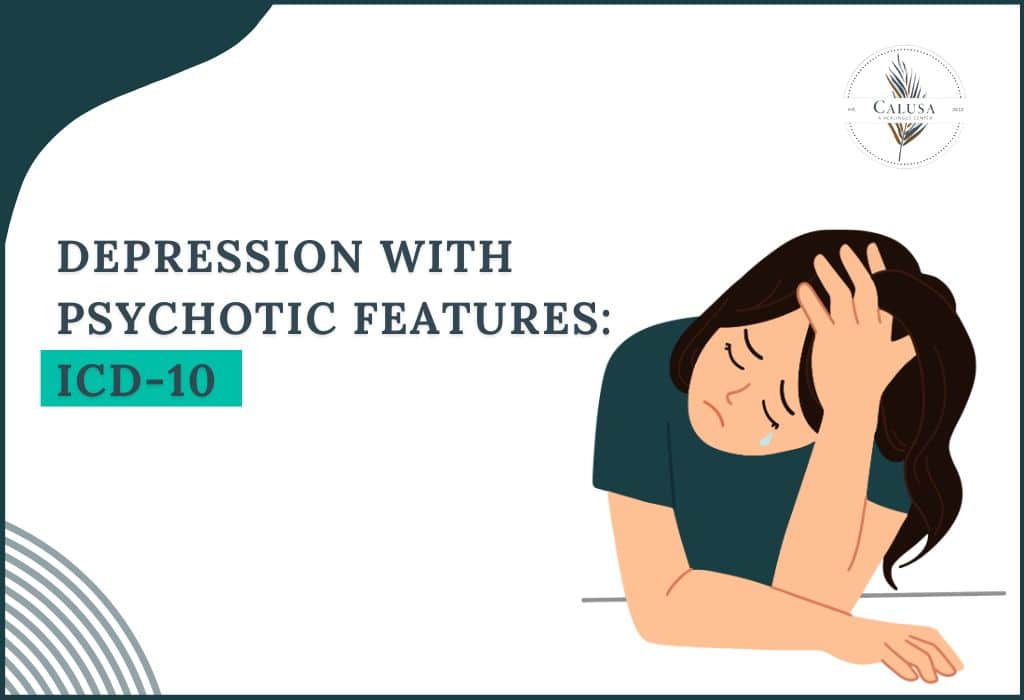Attention Deficit Hyperactivity Disorder (ADHD) affects millions of individuals worldwide, impacting their ability to focus, regulate impulses, and manage hyperactivity. Traditionally, navigating the world of ADHD treatment has been a frustrating trial-and-error process, often requiring considerable time and effort to find the right medication and dosage. Fortunately, a revolutionary advancement in the field is changing the way we approach ADHD management: genetic testing for ADHD medication.
This groundbreaking technology offers a personalized approach to treatment, enabling healthcare providers to tailor medication selection and dosage based on an individual’s unique genetic makeup.
Limitations of traditional approaches
ADHD medication is commonly prescribed to manage the symptoms of attention deficit hyperactivity disorder. These medications work by improving focus, reducing impulsivity, and controlling hyperactivity. However, finding the right medication that works optimally for each individual can be a complex process.
The role of genetics in ADHD medication
Traditionally, the process of finding the right ADHD medication has relied on a trial-and-error approach. Doctors prescribe different medications and adjust dosages until they find the one that provides the desired symptom relief with minimal side effects. This process can be time-consuming, and frustrating, and can result in unnecessary side effects or inadequate symptom management.
Understanding Genesight Test for ADHD Medication
At the forefront of this transformative approach is the Genesight test, a genetic testing tool designed to provide personalized insights into how an individual’s unique genetic makeup influences their response to ADHD medications. But what is a Genesight test, and how does it work?
The GeneSight test is a pharmacogenomic test that analyzes how your genes may affect your response to certain medications, including those commonly prescribed for ADHD.
Genetic testing for ADHD medication, particularly through tools like the Genesight test, operates at the intersection of genetics, pharmacology, and personalized medicine. Here’s a breakdown of how the test works:
1. Sample Collection:
The process begins with the collection of a small sample of DNA, typically obtained through a painless cheek swab. This sample contains genetic material crucial for analyzing how the body metabolizes medications.
2. Identification of Genetic Markers
The extracted DNA is then analyzed to identify specific genetic markers associated with drug metabolism. These markers are key players in determining how an individual’s body processes and responds to ADHD medications.
3. Categorization of Medications
The identified genetic markers are used to categorize ADHD medications into different color-coded groups:
- Green: Medications are likely to be effective with minimal side effects.
- Yellow: Medications that may require caution due to uncertain response.
- Red: Medications with a higher risk of side effects or potential ineffectiveness.
4. Personalized Medication Recommendations
Based on the categorization, healthcare providers receive a comprehensive report that outlines the suitability of various ADHD medications for the individual. This information serves as a guide for making personalized and informed treatment decisions.
5. Clinical Decision Support
The Genesight test functions as a tool for healthcare providers, offering additional insights to inform clinical decisions. It does not replace the expertise of healthcare professionals but enhances their ability to make more informed choices in medication selection.
6. Integration into Treatment Planning
The test results are integrated into the overall treatment plan, helping healthcare providers tailor medication choices and dosage adjustments to align with the individual’s genetic profile.
7. Patient Education and Counseling
The results are communicated to the individual, fostering patient understanding and collaboration in the treatment process. This step often includes educational components to ensure that individuals are informed about the implications of their genetic results.
8. Monitoring and Adaptation
As treatment progresses, healthcare providers can monitor the individual’s response to the prescribed medication and make necessary adjustments based on the ongoing evaluation of symptoms and side effects.
In essence, genetic testing for ADHD medication offers a personalized roadmap, leveraging genetic insights to guide healthcare providers and individuals toward more effective and well-tolerated treatment options. It represents a significant advancement in the quest for precision medicine in mental health, optimizing the management of ADHD based on each person’s unique genetic makeup.
How genetic testing can personalize treatment?
Genetic testing offers several benefits when it comes to ADHD medication. Firstly, it can provide valuable information about how an individual may respond to different medications based on their genetic profile. This knowledge allows doctors to make more informed decisions when prescribing medication, increasing the chances of finding the most effective treatment option with minimal side effects.
Additionally, genetic testing can help identify potential drug interactions or sensitivity to certain medications, ensuring patient safety and optimizing treatment outcomes. It also reduces the need for the trial-and-error approach, saving time and resources for both patients and healthcare providers.
Benefits of Genetic Testing for ADHD Medication:
1. Personalized Medication Selection:
- Customizes ADHD medication choices based on an individual’s genetic makeup.
- Improves the likelihood of selecting medications that are most effective for a specific person.
2. Minimizing Adverse Effects:
- Identifies genetic markers related to drug metabolism.
- Enables the selection of treatments that minimize potential side effects.
3. Efficient Treatment Plans:
- Streamlines the medication selection process.
- Provides valuable insights upfront for the creation of personalized treatment plans.
4. Reduced Treatment Delays:
- Accelerates the time to find an effective ADHD medication.
- Prevents unnecessary delays in managing ADHD symptoms.
5. Enhanced Treatment Response:
- Offers a more precise understanding of how an individual’s body responds to specific medications.
- Increases the likelihood of a positive treatment response.
6. Cost-Effective Approach:
- Potentially reduces overall healthcare costs in the long run.
- Minimizes the trial-and-error process, leading to more economical healthcare delivery.
7. Optimized Dosage Adjustments:
- Provides information about how an individual metabolizes medications.
- Ensures optimized dosage adjustments for effective and tailored treatment.
8. Empowering Informed Decision-Making:
- Provides actionable information for both healthcare providers and individuals.
- Supports informed decisions about medication selection and management.
9. Tailored Holistic Treatment Plans:
- Contributes to a more holistic treatment approach.
- Considers not only medication but also other aspects of care for individualized ADHD management.
10. Advancing the Field of Personalized Medicine:
- Reflects a broader trend in healthcare towards personalized medicine.
- Contributes to the evolution of precision medicine by tailoring treatments to individual biological characteristics.
The benefits of genetic testing for ADHD medication extend beyond traditional approaches, ushering in a new era of precision and personalization in mental health care.
Is Genetic Testing Right for You? Exploring the Potential Benefits for ADHD Individuals?
Not every individual diagnosed with Attention Deficit Hyperactivity Disorder (ADHD) necessarily requires genetic testing, but for certain groups, it can be a transformative and beneficial tool. Here are some scenarios where genetic testing for ADHD medication might be particularly advantageous:
Previous Medication Challenges:
- Significant Potential Benefit: Individuals who have encountered challenges in finding an effective medication through traditional trial-and-error methods may find genetic testing particularly valuable.
- Enhancing Personalization: By examining the genetic markers associated with drug metabolism, genetic testing provides a more targeted and personalized approach, potentially identifying medications that align more effectively with an individual’s unique biology.
Struggling with Side Effects:
- Significant Potential Benefit: Individuals grappling with substantial side effects from their current ADHD medication may find relief through genetic testing.
- Minimizing Adverse Effects: Genetic testing assists in identifying medications that carry a lower risk of side effects, contributing to a more tolerable treatment experience.
Complex Medical Histories:
- Significant Potential Benefit: Those with intricate medical histories that demand careful consideration in medication selection may find genetic testing particularly advantageous.
- Informed Decision-Making: Genetic insights help healthcare providers make more informed decisions, especially in cases where existing medical conditions or complexities necessitate a thoughtful and personalized medication approach.
Contemplating Multiple Medications:
- Significant Potential Benefit: Individuals considering the use of multiple medications simultaneously may benefit from genetic testing.
- Optimizing Combination Therapies: Genetic testing provides insights into how an individual’s body may respond to various medications, aiding healthcare providers in optimizing the combination of medications for improved overall ADHD management.
The Decision-Making Process
Determining whether genetic testing is the right choice involves a collaborative decision-making process between individuals, healthcare providers, and, in some cases, mental health professionals. The decision to pursue genetic testing for ADHD medication may be influenced by factors such as:
- Treatment History: If past treatment approaches have been challenging or less effective, genetic testing may offer a new avenue for exploration.
- Side Effect Profiles: Individuals experiencing significant side effects may find relief through a more targeted medication selection process guided by genetic insights.
- Medical Complexity: For those with intricate medical histories, genetic testing can provide an additional layer of information to inform medication decisions.
- Treatment Goals: When considering multiple medications or aiming for a more personalized treatment plan, genetic testing can play a crucial role in aligning medications with individual needs.
For those who have faced challenges in finding the right medication or managing side effects, the potential benefits of genetic testing in tailoring ADHD medication make it a promising avenue for exploration. Ultimately, the decision to pursue genetic testing is a collaborative one, guided by the unique circumstances and goals of each individual on their journey to enhanced mental well-being.
Talk to Your Healthcare Provider
If you’re interested in learning how genetic testing can optimize your ADHD medication, consult your healthcare provider. They can discuss your circumstances and help you determine if the GeneSight test is right for you.
By embracing the power of genetic testing, we can revolutionize the way ADHD is treated, paving the way for improved outcomes and a brighter future for individuals with this condition.
Remember, finding the right medication and dosage is crucial for managing ADHD and living a fulfilling life. Consult your healthcare provider today to explore how genetic testing can help you achieve your treatment goals.
The Bottom Line
For individuals grappling with the challenges of finding effective ADHD medication, experiencing significant side effects, or navigating complex medical considerations, genetic testing emerges as a powerful ally in optimizing their treatment journey.
By wholeheartedly embracing this innovative option and fostering open communication with Calusa Recovery, you seize control of your ADHD management, paving the way for a brighter future.
It’s crucial to recognize that finding the right medication and dosage is paramount for effectively managing ADHD and cultivating a fulfilling life. Let’s collectively embrace the transformative power of genetic testing for ADHD medication and revolutionize the way we approach and tailor ADHD treatment. Share your thoughts on this innovative approach and join the conversation on shaping a more personalized and effective path to mental well-being.




